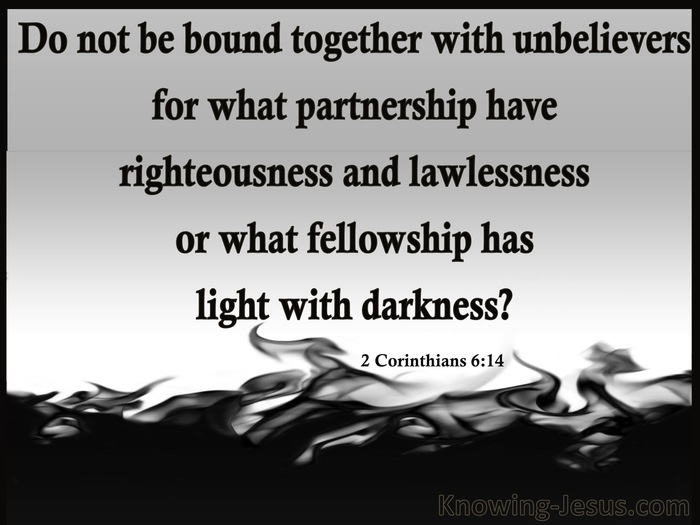So what does Jude actually write:
Jude 1:14-15 [NKJV]
14 Now Enoch, the seventh from Adam, prophesied about these men also, saying, "Behold, the Lord comes with ten thousands of His saints, 15 "to execute judgment on all, to convict all who are ungodly among them of all their ungodly deeds which they have committed in an ungodly way, and of all the harsh things which ungodly sinners have spoken against Him."
“Now Enoch, the seventh from Adam, prophesied ...”
- Jude is not speaking of the book, but of the person.
- Enoch, the seventh from Adam, is a specific individual. The book of Enoch is not the “seventh from Adam”.
- Assuming that Jude is inspired (which I am prepared to accept as a given), then Jude does affirm two things:
- Enoch (the person) was a prophet (he made a prophecy)
- Jude is about to affirm that the prophecy which he is about to quote (made by Enoch) is a true prophecy.
"Behold, the Lord comes with ten thousands of His saints, to execute judgment on all, to convict all who are ungodly among them of all their ungodly deeds which they have committed in an ungodly way, and of all the harsh things which ungodly sinners have spoken against Him."
- THIS is the prophecy of Enoch according to Jude.
- This prophecy is true (according to Jude).
- If this prophecy appears in the Book of Enoch, then the Book of Enoch contains at least one correct prophecy from Enoch.
- If the prophecy in the Book of Enoch disagrees with this prophecy in any details, then the Book of Enoch contains the error. (We have accepted the inspiration of Jude as a ’given’).
Since Jude was as Jewish as Jesus, Peter, or Paul, he would have been familiar with the use of the phrase “it is written” and “as Scripture” to denote the quoting of Holy Scripture.
- Jude could have read the Book of Enoch and been familiar with the prophecy from there.
- Jude chose to acknowledge the prophecy and the person of Enoch while choosing to avoid acknowledging it as a quote from Scripture.
- We cannot conclude that Jude accepted the Book of Enoch as Scripture since he deliberately chose not to acknowledge it as scripture.
- We can only conclude that the prophecy itself is both from the man called Enoch and is Scripture (through the Book of Jude).



